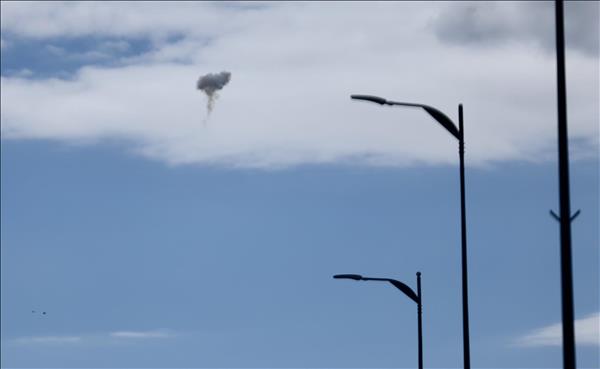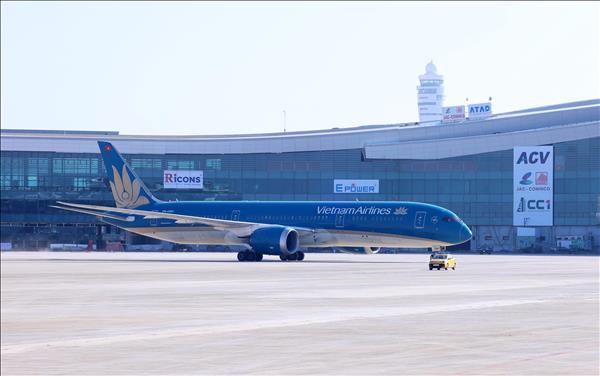The tax rate for Vietnamese cashew products imported into the EU was cut down to 0% after the EVFTA took effect on August 1, 2020, creating a significant competitive advantage for this commodity.
This reduction is very important because before having the EVFTA, the tariff for Vietnamese cashew nuts ranged from 7% to 12%.
Vietnamese Trade Counselor in France Vu Anh Son said the agreement is a good tool helping Vietnam expand its cashew export to the EU in general and France in particular.
According to Vietnamese Trade Office in France, in 2019-2020, Vietnam's cashew market share in France decreased from 61% to 46%. At supermarkets and hypermarkets, there were almost no Vietnamese-branded cashew products because the domestic enterprises mainly focused on wholesale, not retail.
Experts have warned that Vietnamese cashew nuts have faced competition in the EU market.
Export firms are advised to ensure regulations on origin and food safety, consult lawyers about relevant to laws, and update latest information related to orders and transactions to avoid risks.
Dang Hoang Giang, Secretary General of the Vietnam Cashew Association (Vinacas) has recommended the Ministry of Industry and Trade take measures to conretise cooperation agreements through FTAs, especially EVFTA, thus maximizing profits for local exporters.
Trade promotion agencies should provide more information and forecasts of consumption trends in EU markets, including France; and support Vinacas to expand trade partnerships with EU importers, Giang said.
Vietnam aims to earn 3.8 billion USD from exporting cashew nuts this year, an increase of 200 million USD year-on-year.
The EU is now Vietnam’s second-largest cashew export market, accounting for 23% of the volume and 22% of the value.
Last year, Vietnam shipped 135,000 tonnes of cashew nuts worth 816 million USD to the EU, up 16.5% in volume and 7.9% in value compared to 2020./.

















